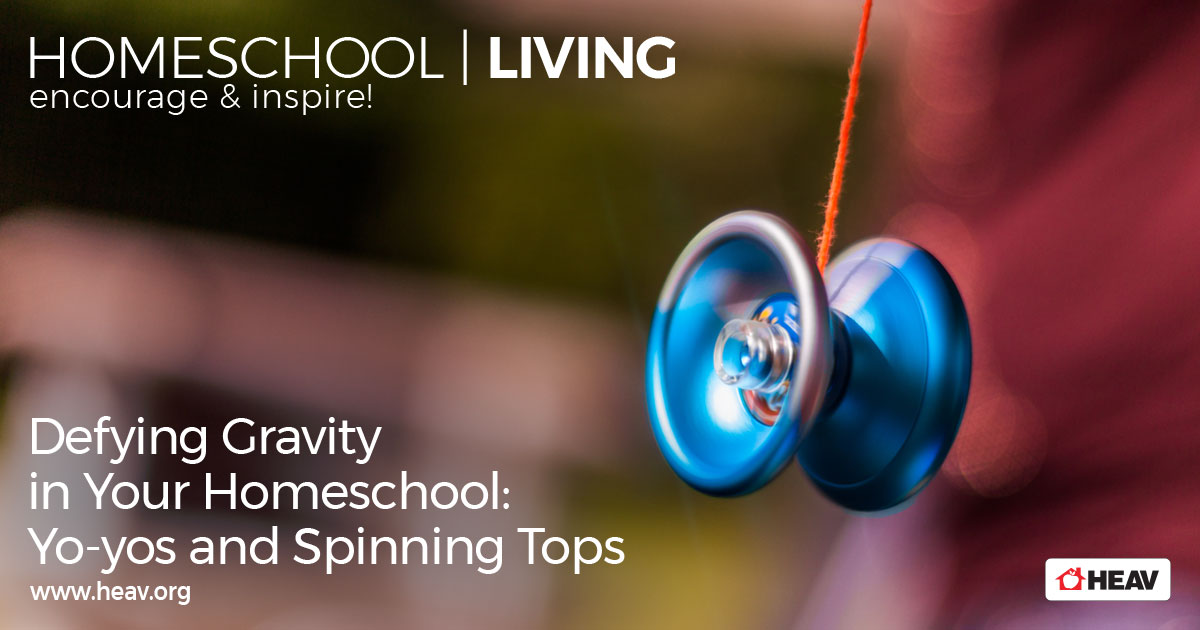Free Time In Your Homeschool
Free play offers children much more than the opportunity to develop creative skills. True free play, undirected by adults and not dominated by electronics, also helps children learn social skills, develop problem-solving skills, and fosters independence. Check out this Homeschool Living for some great reasons and ways to incorporate free play into your homeschool.
The nature of homeschool gives us so much control over the structure of our teaching and learning–one of the best things about homeschooling! We have the freedom to focus on lessons and activities that are of specific interest at the time, play with creative teaching methods, and use hands-on activities in our schooling so much so that sometimes we can blur the line between educational activities and true, unstructured free play.
Free Time Play
Free play is essential to a child’s development, not only to toddlers and preschoolers developing fine motor skills and independence, but to older children as well. Check out these 12 benefits of free play to find out how you can allow your child the freedom to develop social, problem-solving, and critical thinking skills, visual and spatial perception, and so much more.
One of the most important–and hardest–parts of free play can be leaving children alone. Whether you have older children playing outside by themselves or toddlers in another room, giving them the freedom to play without supervision or direction can be hard to balance with giving them just enough supervision for safety. In her blog post, this mother outlines some baby steps she took to help give her children time and space for organic free play.
For toddlers and preschoolers, their free play time will need a bit more direction than an older child with more resources. This blog post focuses on free play for toddlers and preschoolers and how to choose toys that provide an outlet for open-ended, creative play.
If you’ve been homeschooling for a few years and have gotten some experience in using games, hands-on activities, and hobbies as educational tools, it can sometimes be hard to separate that from free play time. Check out this article for 11 ideas on how to bring more free play into your child’s life.
Cultivating Free Play
The art of cultivating free time in your homeschool is well worth the time it may take to master. Children should be given the opportunity to self-direct, create, burn off steam, and even accidentally break something or waste a little time every so often. Children who are allowed free time to play on their own are quicker to discover their passions, more confident in their ability to pursue them, and more able to navigate the balance of work and play as they grow into adults. Incorporating free time into your homeschool is one of the most effective ways to educate and help develop your children.
Megan Mora Fuentes
Enjoy this article?
For more insightful and encouraging homeschool related articles, homeschool living tips, and homeschool connections, visit our HEAV blog.









